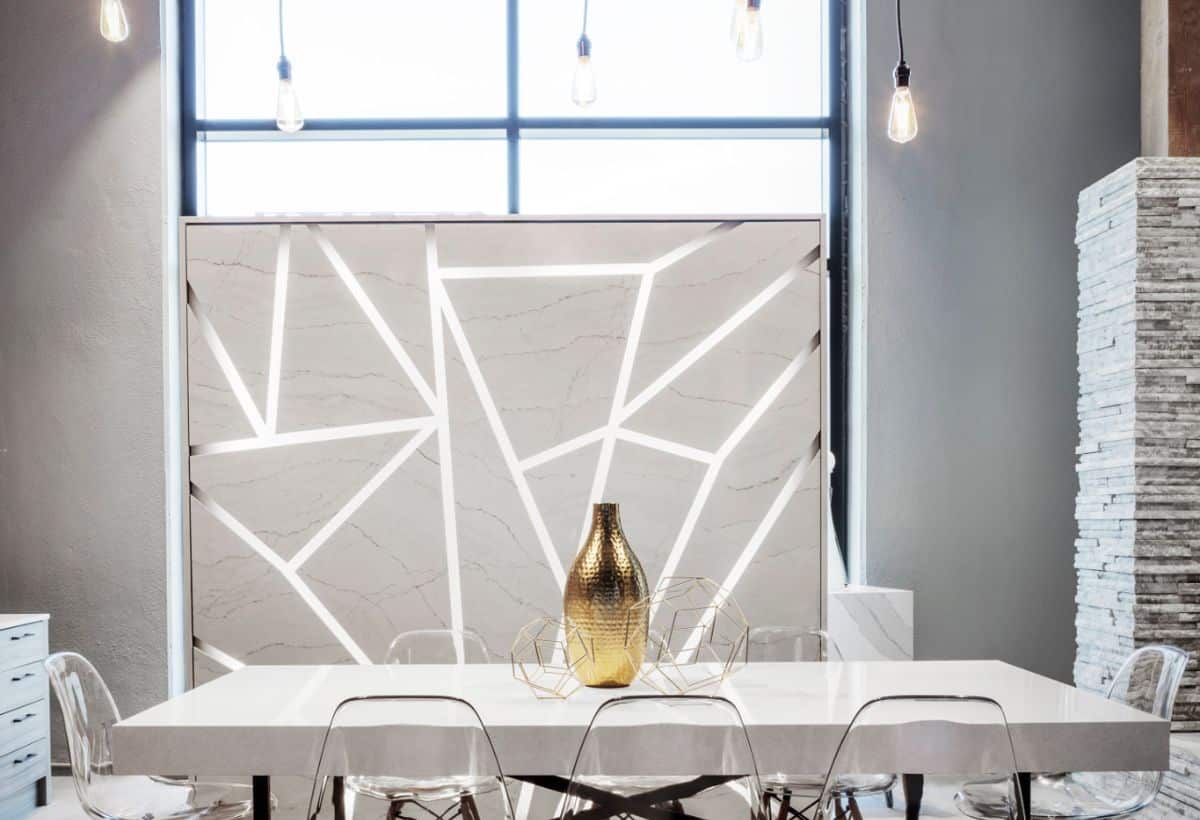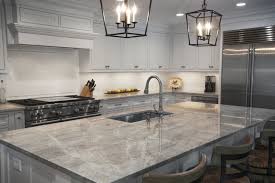3 Facts About Quartz Countertops You Need to Know
Quartz countertops have become very popular among homeowners who are looking for a change in their kitchens. Replacing bland countertops with it can turn a pretty kitchen into a stunning one, but is it right for your home? Of course, it is. But before you move forward with the buying important, it is imperative for you to know first what you will be getting. Here is everything you ever wanted to know about them, so you can make an informed decision.
How They Are Made
When you start shopping, you might be confused by its description as a “man-made” engineered counter. To create the slabs, fabricators of quartz countertops like Art Stone Granite & Marble combine roughly 93% ground quartz with 7% resins, polymers, and colors. This combination allows for a huge variety of colors with the look similar to natural stone. It is important to note that when fabricators state their products contain 7% resin that they are talking about by weight. The actual volume of resin is much closer to 35% of the finished product.

quartz countertops
Difference Between Quartz And Granite
Quartz is hard. So, in a sense, it is akin to granite in that respect. Still, it has a few differences. And while both are stone, only granite is 100% natural. The resins and polymers used to create quartz countertops make them completely nonporous, which means they should be impervious to stains. Granite is completely natural and can be very porous; meaning that if you do not seal it properly and regularly, you could see stains develops from even small spills.
Quartz is also scratch and chip-resistant, since its polymers and resins give it a little more flexibility than natural stone. However, unlike granite, the resin in engineered counters is not heat resistant, so you cannot take your pans from the stove to the countertop like you can with granite. Both are very hard materials, though granite is easier to chip if you drop a heavy object on it.
Highly Durable

quartz countertops
Because quartz countertops are made with a blend of stone and resin, the resulting surface is very hard. They also tend to be glossy and non-porous. The pattern depends on the texture of the stone used in the process, though. Coarser pieces produce a flecked appearance, while smoother, finer pieces produce a more uniform color pattern.
Different colors can be produced by adding different pigments during the manufacturing process. Most people prefer a more natural look, but some have vibrant color options that would not be found in nature.
Are you on the market for quartz countertops in Atlanta? Contact Art Stone Granite & Marble now! You can visit their website here: https://artstoneatlanta.com/or connect with them by phone at (770) 435-1881.
Art Stone Granite & Marble
1123 Cobb Pkwy S Suite C
Marietta, GA 30060
(770) 435-1881
Email: contact@artstonegranite.com











